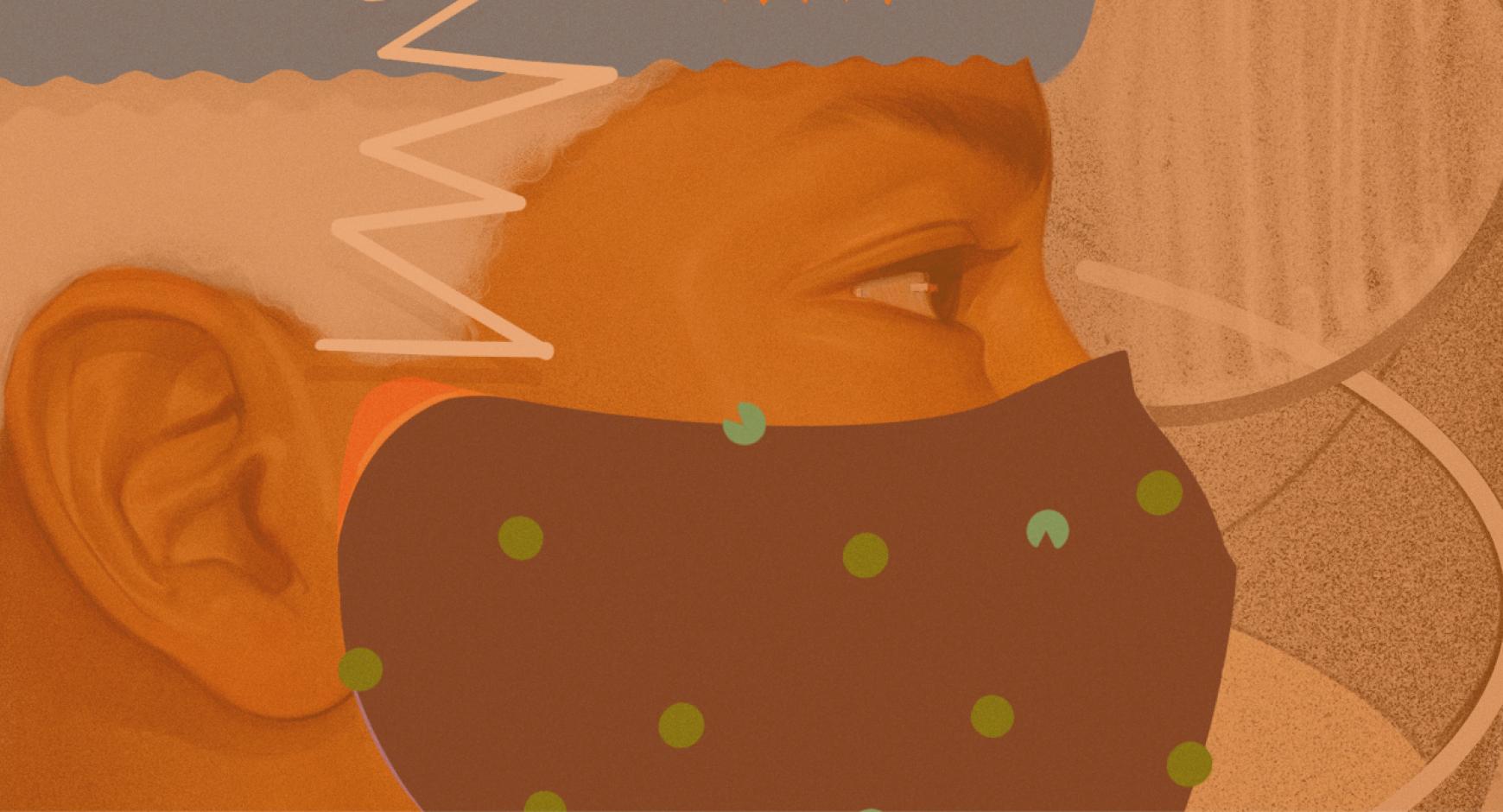
Voces of a Pandemic
Identifier
1421
Loading...
Media is loading
Creation Date
11-12-2020
Disciplines
Arts and Humanities
File description
MP4, 55.4 MB, 00:25:32.
Recommended Citation
Sanchez, Liliana. Videotaped Interview by Anyssa Rodriguez. November 12, 2020. Voces of a Pandemic Collection, Special Collections & Archives, University of Texas Rio Grande Valley, https://scholarworks.utrgv.edu/voces/4.
1421_Sanchez, Liliana_edited.docx (55 kB)
Transcript
Transcript

